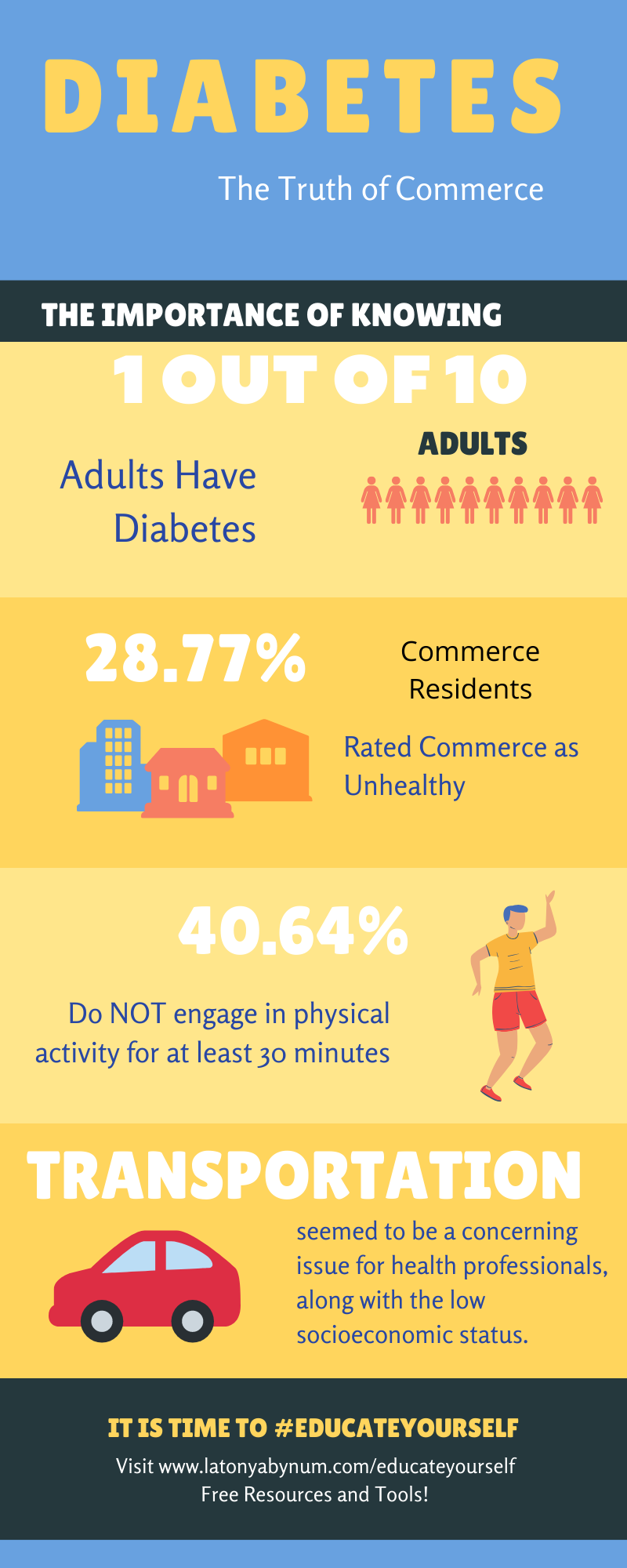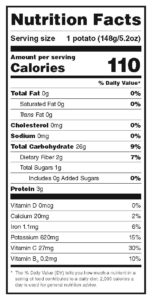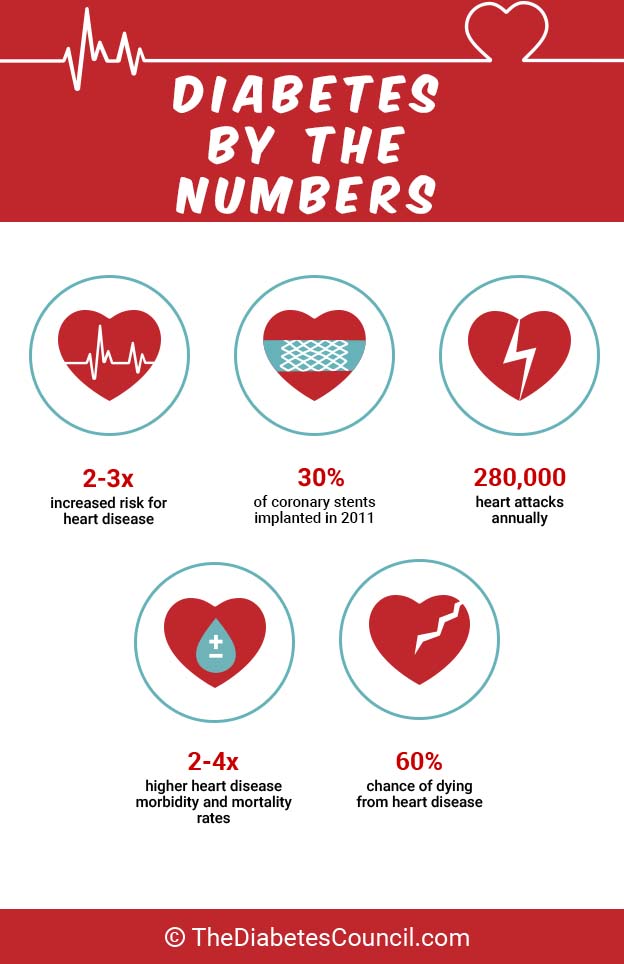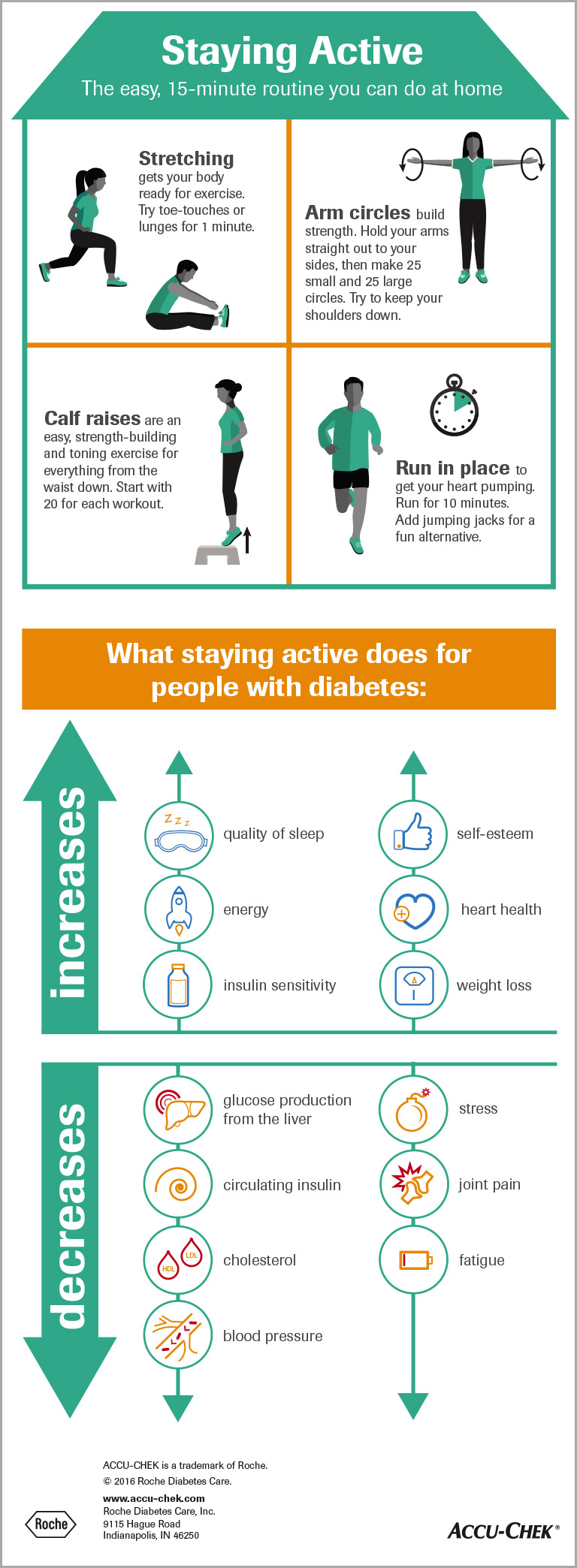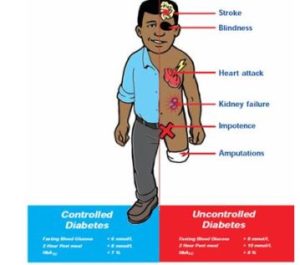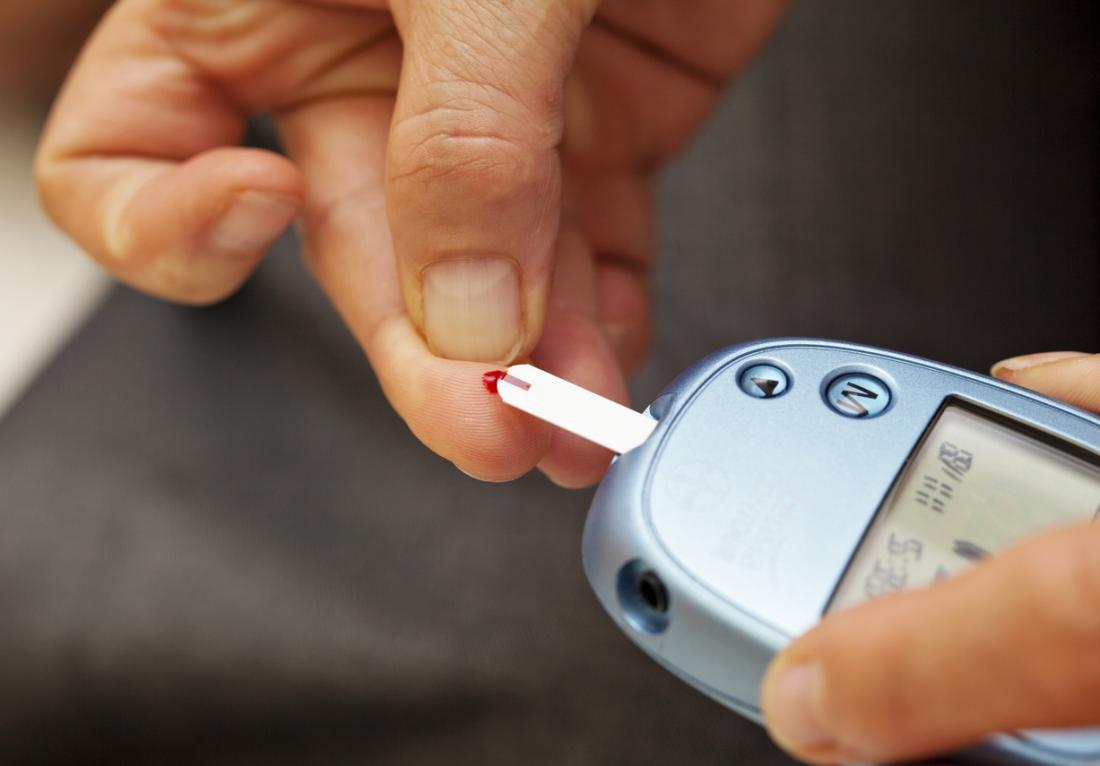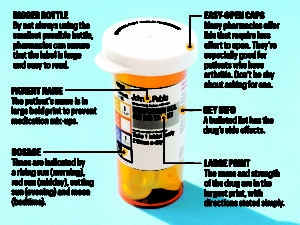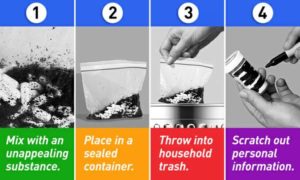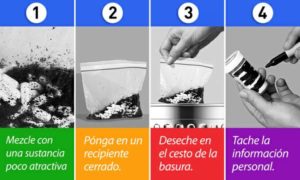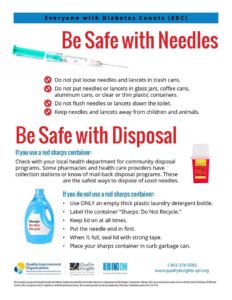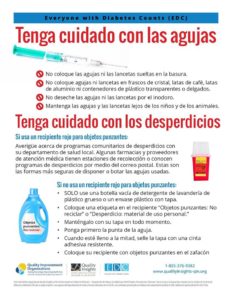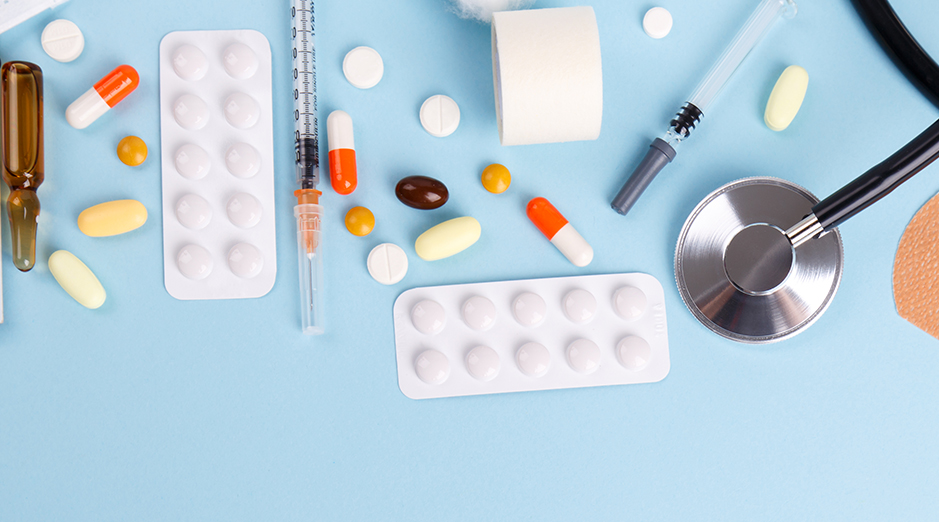When you are diagnosed with Diabetes, checking your blood sugar is important and should be seen as such. When you check your blood sugar, you would be able to know what your levels are at, and this will allow you to manage your Diabetes better. Some of you may ask, why test my blood sugar? Shouldn’t I feel the changes in my body? It is true that you may feel some symptoms that you have rarely felt, but it is essential that you still check you blood sugar. Here is why:
- It will allow you to monitor the effects of you medication on you blood sugar levels.
- It will allow you to actually know if your levels are high or low.
- It will allow you to track the on your goals that you and your doctor have set up.
- It will allow you to know how your diet and physical activity.
- It will allow you to know how stress and other external factors affect your blood sugar levels.
You will need to know how to check your blood. You need to follow these steps in order to properly check your blood. These steps will ensure your safety.
- Wash your hands with soap and water. You should be washing your hands for at least 20 seconds.
- Rub your hands to warm them.
- Place the strip into the meter.
- Prick the side of one of your fingers.
- Bring the meter close to your pricked finger and let the strip suck up the blood.
- Write the results in your book that you safe keep.
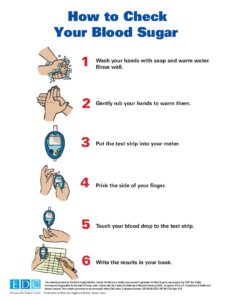
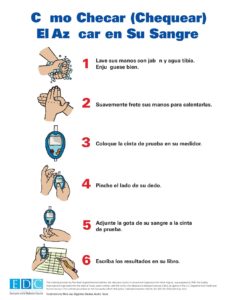
When you record your blood sugar levels. KEEP IT IN A PLACE THAT YOU REMEMBER. This book is necessary to have EVERY TIME you go to the doctor. This way the medical professional will be able to know how to help YOU manage YOUR Diabetes. They will be able to know which medications are helping you more or which medications are actually making you worse.
You also need to know when to check your blood sugars. It will all depend on:
- Instructions on your doctor and,
- Type I Diabetes or,
- Type II Diabetes.
If you have Type I Diabetes, you should check your levels:
- Before meals and snacks
- Before and after exercise
- Before going to bed
- Sometimes during the night
- More when your sick
- More when you change your daily routine
- More when you start a new medication
If you have Type II Diabetes you should check you blood sugar levels:
- Usually before meals
- Usually before going to sleep
- If you take multiple injections
- More if you start a new medication
The number, that shows in your meter, will allow you know what actions you will need to do next. You number can fall into one of several categories:
- Hypoglycemia (low blood sugar)


- Blood sugar is below 70 mg/dl.
- Normal Blood Sugar
- Between 71mg/dl 199 mg/dl.
- Hyperglycemia (High Blood Sugar)
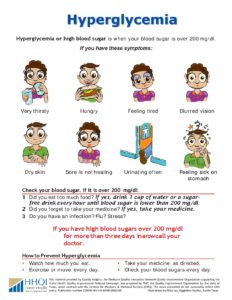
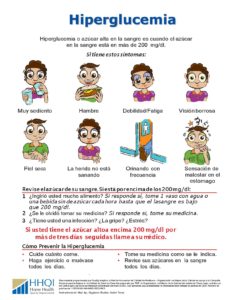
- Blood sugar is over 200 mg/dl.
It is necessary that you know the guidelines that set to let you know the action that you will need to take. Keep in mind that these guidelines are average based, and it is better to constantly follow up with your doctor about the guidelines set up for YOU.
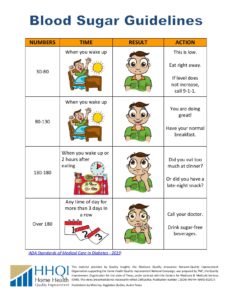
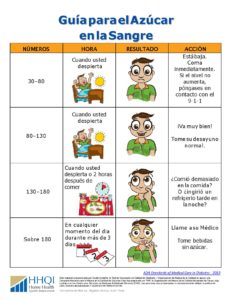
When seeing a medical team to help you manage your Diabetes, the team should include medical professionals who are a/an:
- Doctor
- Dietitian
- Diabetes Educator
- Exercise Trainer (can be substituted by a Physical Therapist, sports coach, or any other professional that is qualified to help you exercise or teach you how to exercise)
- Pharmacist
When should I see a doctor? It all depends on the treatment that the medical team has you on. If you are a on:
- Insulin shots
- You should see the medical team at least every 3 to 4 months
- Treated by oral medications (pills)
- You should see the medical team at least every 4 to 6 months
Yet you will need to see the medical team if you do not control your blood sugar.
What about the information? What should I give them? There are several factors that you need to tell your medical team. You will need to tell them:
- If your Diabetes is controlled and how well it is being done.
- If your Diabetic Complications are getting worse or better
- The blood sugar monitoring record that you safe guarded somewhere.
- Report symptoms of Hypoglycemia or Hyperglycemia.
- Changes in your diet, exercise, medications (outside of what your doctor has prescribed).
- Any illnesses that you may be experimenting
- Any experience of complications from Diabetes (discussed last week).
At every visit, the medical team should check your:
- weight
- blood pressure
- eyes
- feet
- insulin injections (if applicable)
Your doctor will also want to conduct tests on your visits. What test are these? They are:
- Hemoglobin A1c
- Test that shows your average blood sugar level over the past 2 to 3 months
- Urine test (Albumin test)
- Test that shows the function of your Kidneys
- Lipids Test
- It is a test that shows the levels of fat in your blood, including Cholesterol and Triglyceride levels.
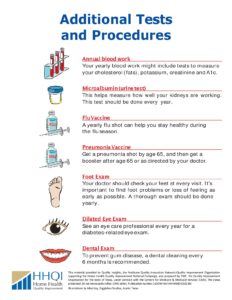
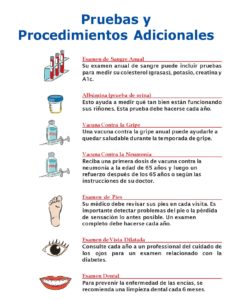
Here are some bonus videos and resources on Glucose monitoring and regular check-ups:
